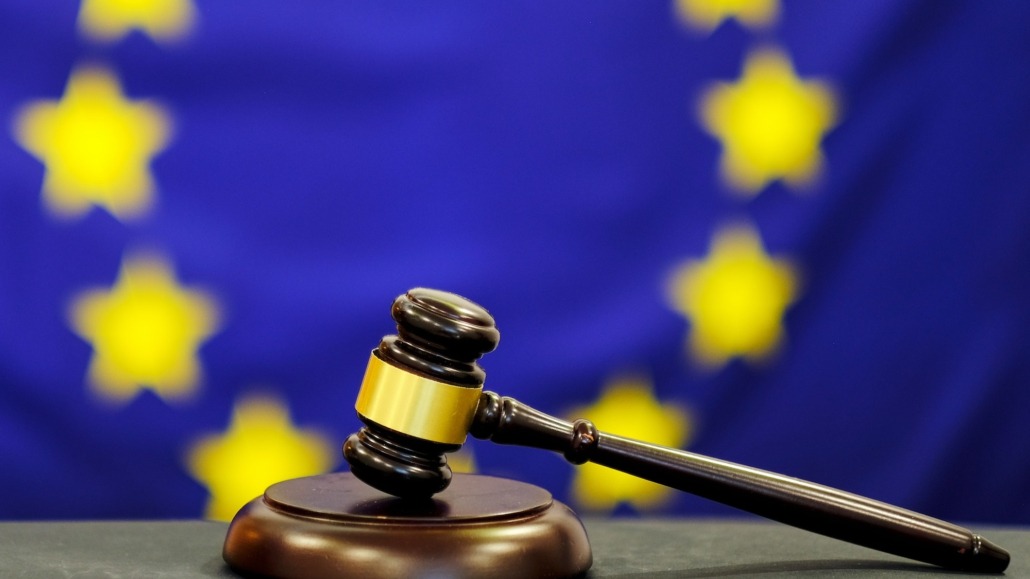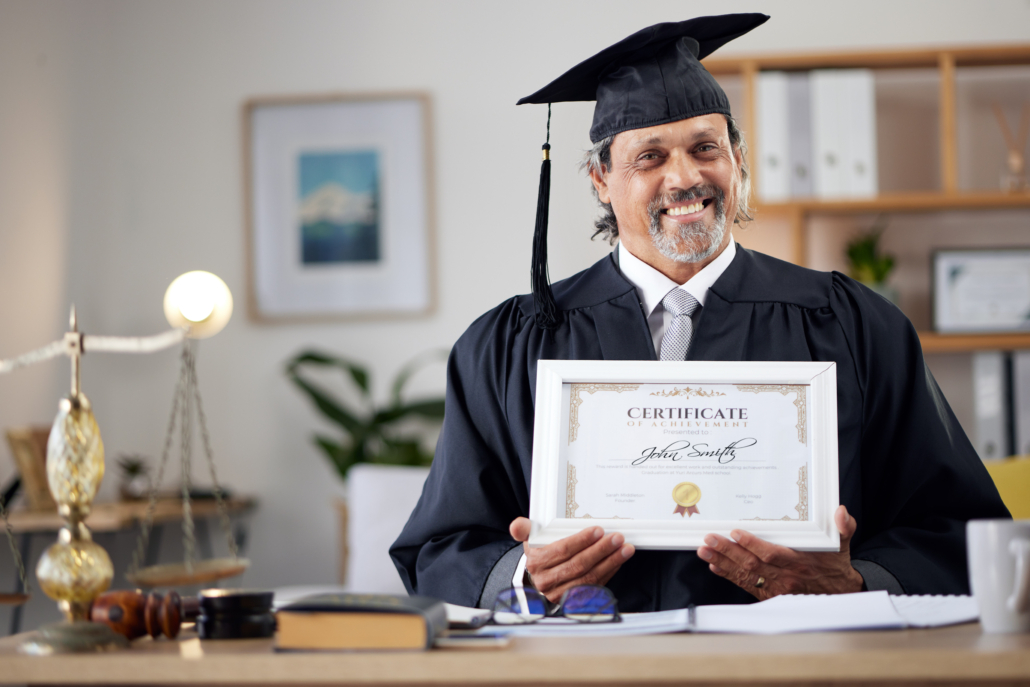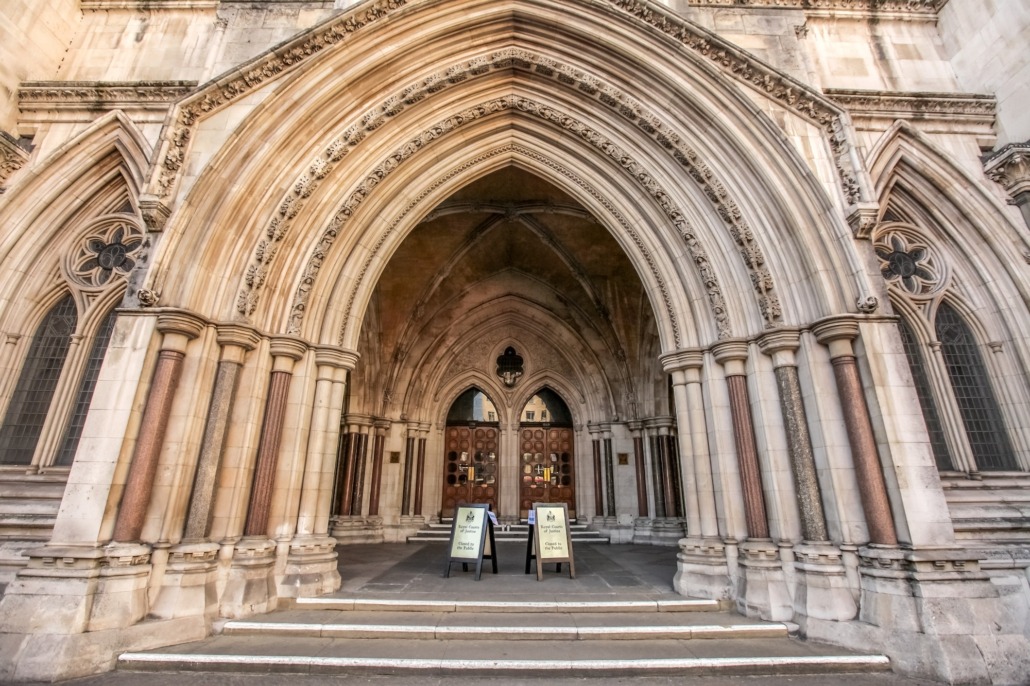LEGAL+ NEWS
The evidential value of private expert opinions is very close to that of court expert opinions. In practice, this is often not the case:
Many courts tend to regard private expert opinions, i.e. expert opinions commissioned outside the proceedings, as a nuisance. These expert opinions, which are usually “labeled” as biased, are therefore in most cases considered to be of lesser value than court-commissioned expert opinions and are downgraded in the judgment with clichéd justifications. However, this approach, which is widespread in practice, is not covered by supreme court case law! In fact, expert opinions provided by the parties are important for the constitutionally guaranteed legal protection of the parties. This is the only way to fully uncover – not infrequent – errors in court reports.
The following article deals with the legal treatment of expert opinions not commissioned by a court in the context of or in preparation for civil proceedings.

Principle of the free evaluation of evidence
In order to be able to correctly classify the evidentiary value of private expert opinions, it is first important to understand how the court forms its conviction with regard to the legal case before it in accordance with the Code of Civil Procedure.
Pursuant to Section 286 (1) ZPO, the principle of free evaluation of evidence applies:
“The court must decide whether a factual allegation is to be regarded as true or not true, taking into account the entire content of the hearings and the result of any evidence taken. The judgment shall state the grounds on which the court’s conviction was based.”
Accordingly, the court forms its opinion “freely” on the basis of the collected content of the proceedings. “In particular, “freely” means that the court is free to assess the individual results of the evidence and, not least, all other perceptions gathered during the proceedings. This means, for example, that the court is not bound by any weighting of the individual pieces of evidence and other findings. For example, the court may attach more importance to a private expert opinion submitted to it than to the court expert opinion obtained on the same subject of evidence. It therefore follows from the principle of the free evaluation of evidence that the evidential value of private expert opinions can be higher in individual cases than that of a court-commissioned expert opinion.
However, “freedom” in the assessment does not mean that the court may disregard evidence. If this were the case, there would be a significant violation of the constitutionally guaranteed right to be heard. Further restrictions on the principle of the free assessment of evidence apply if this is expressly provided for by law, e.g. in Section 286 (2) ZPO:
“The court shall only be bound by statutory rules of evidence in the cases specified by this Act.”
One example of this is the legally standardized probative value of certain documents.
Overview: Types of evidence
The private expert opinion must be placed in context with the forms of evidence standardized in the Code of Civil Procedure. The Code of Civil Procedure recognizes the following forms of evidence: Inspection
- Visual inspection
- Proof by documents
- Witness evidence
- Expert evidence
- Party hearing
Visual inspection
“Visual inspection” means that the court forms an impression with its own eyes. The classic example is the so-called on-site visit. However, visual evidence can also be provided by taking photographs.
Proof by documents
Documents are the most reliable form of evidence. A statement of fact supported by documents means that the fact evidenced by the document is not in dispute in the first place, so that there is no need to take evidence in the true sense of the word. A distinction is made between private and public deeds. Private deeds “only” provide evidence of the declaration documented in the deed. Public deeds prove the entire documented process. The pitfall of this form of evidence lies in the fact that “full proof” presupposes that an indisputably or demonstrably genuine document exists, although in practice it is rare for the authenticity of a document to be called into question.
Witness evidence
Evidence through the testimony of witnesses is aimed at testifying to facts. The subject matter is concrete, direct perceptions of the witness.
Expert evidence
Evidence by experts means that knowledge that the court lacks is compensated for by the specialist knowledge of others. The expert is therefore an assistant to the court, which is why the classification as evidence in civil proceedings is misleading. Theoretically, the expert’s technical support can be obtained purely verbally, but in practice a written expert opinion is usually commissioned, which is then discussed verbally if necessary or at the request of a party.
The judge, not the expert, decides whether the disputed assertion is to be regarded as proven. The expert only has to provide the technical basis for the court’s assessment of the evidence.
Party hearing
Hearing the parties themselves is the weakest form of evidence. Although it is the most direct, it is also the least objective means of clarifying a disputed issue. Accordingly, this means of evidence is only admissible in rare cases (e.g. lack of evidence).
The legal situation regarding private expert opinions
Private expert opinions cannot be satisfactorily subsumed under the evidence listed above. The evidentiary value of private expert opinions is therefore not easy to determine.
There is no doubt that a written private expert opinion is a document, which can therefore be introduced as documentary evidence in a legal dispute. However, nothing is gained from this, as the evidentiary value as a document is limited to the fact that the expert has provided the expert opinion. It cannot be “formal” expert evidence because the evidence is not taken by the court within the framework of the relevant procedural regulations(Sections 402 ZPO ff.). What remains is the questioning of the private expert by way of formal witness evidence. But even this does not lead any further, because the expert as a witness can only “offer evidence” of his own perceptions (see Section 396 ZPO), e.g. of his impressions gained during a site inspection.
Case law “solves” the dilemma as follows:
According to the view that has always prevailed in case law, expert opinions submitted by a party are “only” substantiated (qualified) party submissions supported by documentary evidence.
As part of the free assessment of evidence under 286 ZPO described above, the court must include the private expert opinion in its assessment. The Federal Court of Justice made a revealing statement in its judgment of May 11, 1993(VI ZR 243/92):
“(…) The trial judge may certainly utilize a private expert opinion, but may not disregard the fact that it is generally not evidence within the meaning of §§ 355 et seq. ZPO, but rather (qualified) substantiated party submissions (…) the court’s own taking of evidence, in particular the obtaining of a court expert opinion, is only rendered unnecessary by a private expert opinion if the trial judge can arrive at a reliable answer to the question of evidence without legal error on the basis of this substantiated party submission alone (…). A private expert opinion can only be used as an expert opinion in the sense of evidence with the consent of both parties (see BGH, judgment of May 5, 1986 – III ZR 233/84 – NJW 1986, 3077, 3079) [BGH 05.05.1986 – III ZR 233/84]. (…)”
At first glance, the case law cited above may appear to cast doubt on the evidential value of private expert opinions. On closer inspection, however, the private expert opinion is (almost) equivalent to a court expert opinion. The private expert opinion can even make it unnecessary to obtain a court expert opinion if the court is able to arrive at a reliable answer to the question of evidence on the basis of its own expertise using the private expert opinion.
A ruling by the Higher Regional Court of Frankfurt am Main from April 3, 2017 (case no. 29 U 169/16) is also worth noting here. According to this ruling, a private expert opinion can be used as formal expert evidence under certain circumstances, e.g. if the court expressly summons the private expert as an expert witness and the opposing party fails to object to its use as expert evidence. The OLG stated:
“(…) Insofar as the defendant complains that the Regional Court assessed the statements of expert witness Z1 as expert evidence, this is not objectionable in the present case. During the hearing of expert witness Z1, the Regional Court stated that it was not only hearing expert witness Z1 as a witness in accordance with the summons of 7 July 2015, but also as an expert witness. The fact that the expert Z1 had previously acted as the plaintiff’s private expert did indeed constitute a reason for refusal within the meaning of 406 ZPO (…) however, the defendant did not assert a refusal despite being aware of the relevant circumstances. However, if a party fails to assert a reason for refusal, this can in principle no longer be asserted later as a procedural error within the meaning of § 404 ZPO, but merely represents a circumstance to be taken into account in the assessment of evidence (…).”
But the same applies elsewhere:
If the court lacks its own expertise and is confronted with specialist knowledge by means of a private expert opinion as a qualified party submission, it may not disregard this under any circumstances, but must review the results of the private expert opinion by means of formal expert evidence.
Private expert opinion versus court expert opinion
The above means the following for the evidentiary value of private expert opinions that are set against a formal court opinion:
Objections by the parties to the findings of a court expert must be taken into account by the court. Such objections can regularly arise from deviating private expert opinions, which are to be assessed by the court as so-called qualified party submissions as described above.
The court expert and the court must then deal with the content of the private expert opinion.
The court may not simply – as is often the case – accept the findings of the court expert with clichéd reference to, for example, “greater persuasiveness”. If the divergences between the private expert opinion and the court expert opinion cannot be resolved in a comprehensible manner, further clarification of the facts is required.
The above-mentioned obligation to deal with private expert opinions that deviate from the court opinion is based on the case law of the Federal Constitutional Court as the highest German court. In a ruling dated May 15, 2012(1 BvR 1999/09), the Federal Constitutional Court stated – not for the first time
“(…)Art. 103 para. 1 GG obliges the courts to take note of the submissions of the parties to the proceedings and take them into consideration when making their decision. It does not follow from this that they are obliged to expressly assess every submission of the parties in the grounds for the decision (see BVerfGE 88, 366 <375 f.> with further references). However, the essential factual assertions that serve the prosecution or defense must be dealt with in the reasons (see BVerfGE 47, 182 <189>). If a court does not address the essential core of a party’s factual submission on an issue that is of central importance to the proceedings in the reasons for the decision, this indicates that the submission has not been taken into account, unless it was irrelevant or obviously unsubstantiated according to the court’s legal position (see BVerfGE 86, 133 <146>).”
“(…) In view of the complainant’s objections based on several private expert opinions, the Court of Appeal should at least have given a logically comprehensible reason for its adherence to the court expert opinion (see BGH, decision of May 18, 2009 – IV ZR 57/08 -, juris, para. 7). There is no such justification. The Regional Court merely refers to the expert opinion and adopts its conclusions without investigating the objections arising from the private expert opinions. The uncritical adoption of the expert opinion of the court-appointed expert and the lack of mention of the private expert opinions in the challenged decision suggest that the Regional Court did not take note of the opposing viewpoint of the complainant, or at least did not consider it (see BVerfG, decision of the First Chamber of the First Senate of October 7, 1996 – 1 BvR 520/95 -, juris, para. 19). The violation continues in the order rejecting the objection to the hearing (…)”
In its ruling of January 21, 1997 (case no. VI ZR 86/96), the Federal Court of Justice described the court’s obligation to evaluate the statements deviating from the expert opinion in its ruling as follows:
“(…) Expert opinions are subject to the free evaluation of evidence(Sections 287 I, 286 I ZPO). Accordingly, the court may in principle deviate from an expert’s opinion if it is not convinced by the expert’s statements. However, if a court does not wish to follow the expert findings or conclusions of an expert, it must demonstrate the relevant expertise (see Senate, NJW 1988, 3016 = VersR 1988, 837 (under II 2a)).
A permissible deviation of the court from an expert’s report always requires the presentation of the relevant considerations in the sense of a plausible and comprehensible justification in the judgment (cf. for the case of contradictory expert opinions Senate, NJW-RR 1987, 1311 = BGHR-ZPO § 412 Obergutachten 1 (under II 2b)), which may not be based on the fact that the court makes use of its own expertise which it is not entitled to. (…)”
It follows from this:
The court is not obliged to deal with the opinion of the private expert on every single point. However, in addition to the court expert opinion, it must also take into account the corresponding (contradictory) statements in the private expert opinion on all key points and explain this in a comprehensible, i.e. verifiable, manner in its reasons for judgment.
The admittedly somewhat confusing legal situation with regard to the evidentiary value of private expert opinions is that private expert opinions are – almost – equivalent to court expert opinions.
As described above, experts serve to provide the court with missing expertise. In the absence of its own expertise, the court may not simply give preference to the expertise of a court expert over the differing expertise of a private expert.
The party adversely affected by the content of a court expert opinion therefore has the option of at least “neutralizing” the court expert opinion by means of private expert objections. It is necessary and sufficient for the private expert to justify his or her findings that deviate from the court expert opinion in a comprehensible and professional manner with reference to the court expert opinion. The aim must be to cast doubt on the court expert’s findings. If this is successful, the court must investigate these doubts.
Incidentally, it also follows from the above legal situation that the costs of private expert opinions may be reimbursable. It is true that case law still regards this as an exception. However, if it is easy to justify that it was necessary to obtain a private expert opinion in order to provide your own expert opinion with the necessary quality, there is a good chance that you will be able to claim these costs later as necessary legal costs.

LATEST ARTICLES

Recognition and enforcement of EU judgments in Germany
The internationalization of business transactions means that the question of whether and how a judgment issued in the creditor’s home country can be enforced in the debtor’s home country is of great practical importance. The author of this article has also experienced that many debtors are not prepared to pay voluntarily.
The following article provides an overview of how a judgment issued in the EU in civil and/or commercial matters can be enforced in other EU Member States – here using Germany as an example.

Documentary action in civil proceedings: definition, procedure and context with the order for payment procedure
An action based on documentary evidence or a documentary process offers the possibility, as an accelerated procedure, to bring an action – initially – only by means of documents, see Section 592 ZPO.

Obvious facts in civil proceedings – is it necessary to take evidence in court?
LEGAL+ NEWS ZPO guide: Obvious facts in civil proceedings –
CONTACT

+49 (40) 57199 74 80
+49 (170) 1203 74 0
Neuer Wall 61 D-20354 Hamburg
kontakt@legal-plus.eu
Benefit from my active network!
I look forward to our networking.
This post is also available in: DE

